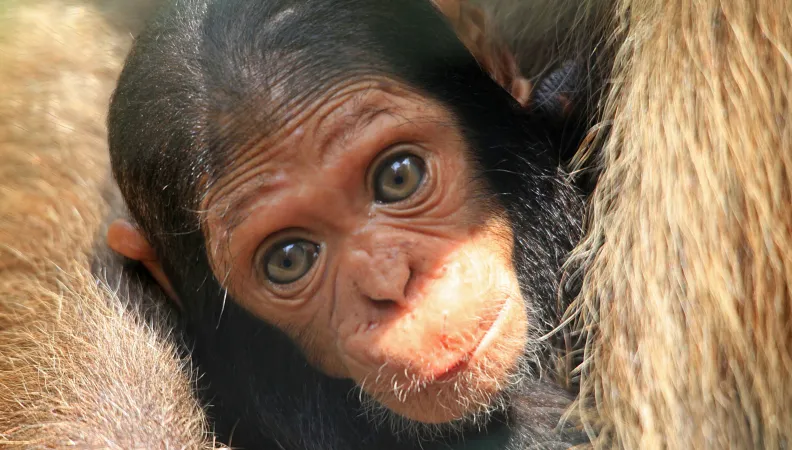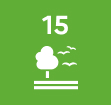Share the page
Toward a new equilibrium between forest, fauna and populations (FoFauPopU)
Project


-
Project start date
-
Status
In progress
-
Estimated date of project termination
-
-
Project financing date
-
-
Financing duration
-
5 years
-
Type of program
-
FFEM
-
Global financing amount
-
2 879 000 €
-
FFEM financing amount
-
951 000 €
-
Project lead member institution(s)
-
French Ministry for Ecological and Inclusive Transition (MTES)
-
Country and region
-
Uganda
-
Location
-
Uganda
-
Type of financing
-
Grant
-
Partners
-
CIRAD, Prince Albert II Foundation, The Foundation for Nature and Mankind, LNE (French National Metrology and Testing Laboratory), French Natural History Museum
-
Beneficiaries
-
French Natural History Museum
-
Type of beneficiary
-
Non-financial public or parastatal company


Rich in exceptional biodiversity, the region around the Kibale national park has for several decades been subject to various destabilizing factors, from intensive poaching through to the use of dangerous chemical inputs in tea monocultures. To re-establish the equilibrium, the FFEM is supporting the project Forest, Fauna, Populations in Uganda (FoFauPopU).
Context
The Kibale national park is home to the highest density of primates in the world, together with iconic species such as the chimpanzee and the forest and savannah elephant. This forested region has been subject to intensive elephant poaching for the ivory trade, the expulsion of local populations in order to create the park, and the expansion of tea monocultures. All of this is putting significant pressure on the ecosystems and feeding conflict between people and wildlife, further augmented by a 300% growth in population density around the park over just 30 years. The use of chemical inputs in tea production near the park is a threat to the health of both human and primate populations: 25% of the area’s chimpanzees currently display facial deformities or disturbed female reproductive cycles.
To recover the equilibrium within and around the park, the FFEM is supporting the FoFauPopU pilot project. By promoting the development of sustainable agriculture and joined-up regional governance, the project aims to reduce conflict between wildlife and the local populations.
Description
There are four components to the project:
- Strengthening the collective governance of the local communities in Sebitoli and the institutions involved.
- Reducing human-fauna conflict and disturbance while improving both human and animal health.
- Developing and extending activities conducive to collaborative conservation, by promoting organic farming, fair trade and alternative crops.
- Coordinating stakeholders, managing the project and sharing outcomes.
Outcomes
- Improving food security and the wellbeing of populations and small local producers.
- Protecting the wildlife in the Kibale national park.
- Preserving the forest and water resources.
Innovative & exemplary character
This project innovates through its global integrated approach, which aims to tackle the root causes of ecosystem degradation and human-fauna conflict. It promotes the long-term synergy between local regional governance and the agricultural sectors, for example by combining activities for both export and local supply. The resulting close linkage between research and action allows impacts to be rigorously measured and evaluated in order to capitalise on the project’s successes.
The FoFauPopU project : a biological study reveals the impact of pollution on chimpanzees
Sustainable Development Goals
ODD13 Climate action

ODD15 Life on land



